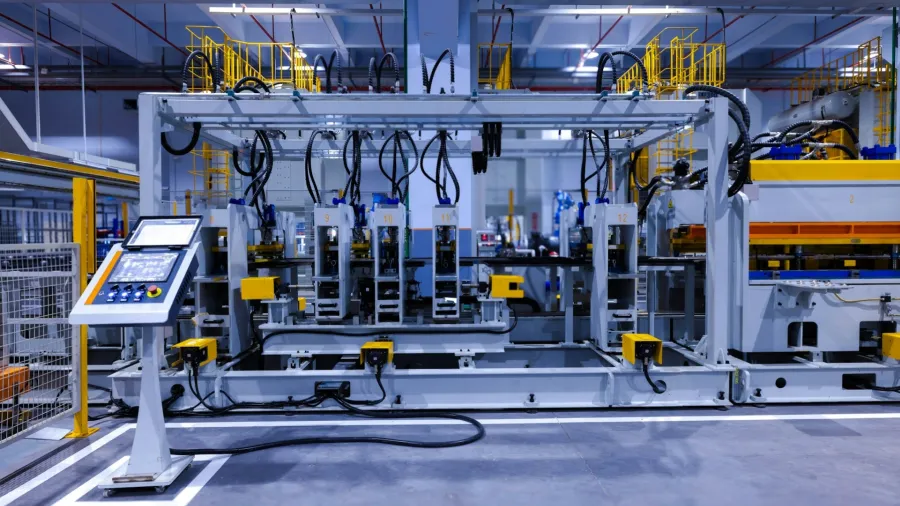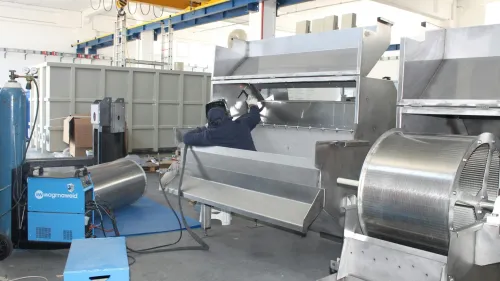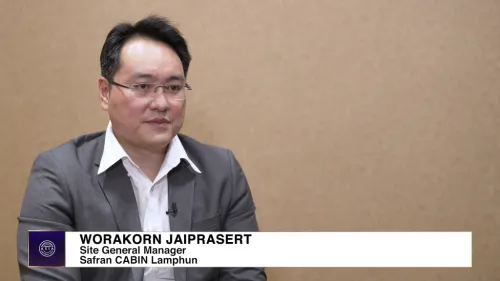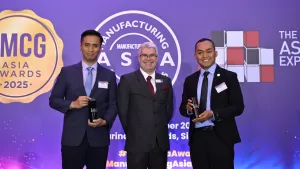
How quantum tools help global supply chains stay functional under pressure
They maintain facility operation as geopolitical tensions and cyberattacks rise.
Quantum computing, quantum sensing, and quantum security systems have brought supply chains efficiency gains, cost savings, and improved security amidst manufacturing disruptions, the World Economic Forum (WEF) and Accenture said.
Quantum technologies have helped supply chains operate amidst geopolitical tensions and cyber attacks, amongst others, they said in their Quantum Technologies: Key Opportunities for Advanced Manufacturing and Supply Chains report.
“The past few years have highlighted the vulnerabilities of traditional manufacturing and supply chains,” the WEF and Accenture said.
Last year, global supply chain disruptions rose by 38% YoY, driven by extreme weather, geopolitical tensions, and labour strikes, they said.
At the same time, cybersecurity threats against industrial organizations surged 87%, with manufacturing accounting for 69% of ransomware attacks, the report added.
Quantum technologies have addressed complexity and security challenges for Ford’s plant, the semiconductor industry, and the Port of Rotterdam.
Ford Otosan reduced its 50% vehicle manufacturing scheduling time at one of its sites when it used D-Wave's hybrid classical-quantum annealing, or quantum computers designed to solve optimisation problems, to produce 1,500 custom variants of the carmaker’s Transit van.
Using conventional computing, scheduling production runs for the vehicle took 10 minutes. With the D-Wave computers, the company was able to generate production schedules in under five minutes, even managing up to 16,000 constraints for a single production run.
QuantumDiamonds' Quantum Diamond Microscope (QDM) creates 3D images of magnetic fields within chips and detects faults without causing any damage. Unlike older methods, the QDM operates at room temperature and avoids the need for complex setups like vacuum chambers or cryogenics, the report said.
The company is working with seven out of 10 global semiconductor manufacturers, with the first QDM installation operational at Fraunhofer EMFT in Munich, it added.
At the Port of Rotterdam, Q*Bird's scalable quantum key distribution (QKD) technology kept sensitive digital infrastructure and maritime communications safe from tampering attempts and created instant key regeneration in case of intrusion within the port’s optic network.
The port handles nearly 500 million tons of cargo annually and contributes over 8% to the Dutch GDP, the WEF and Accenture’s report said.
















